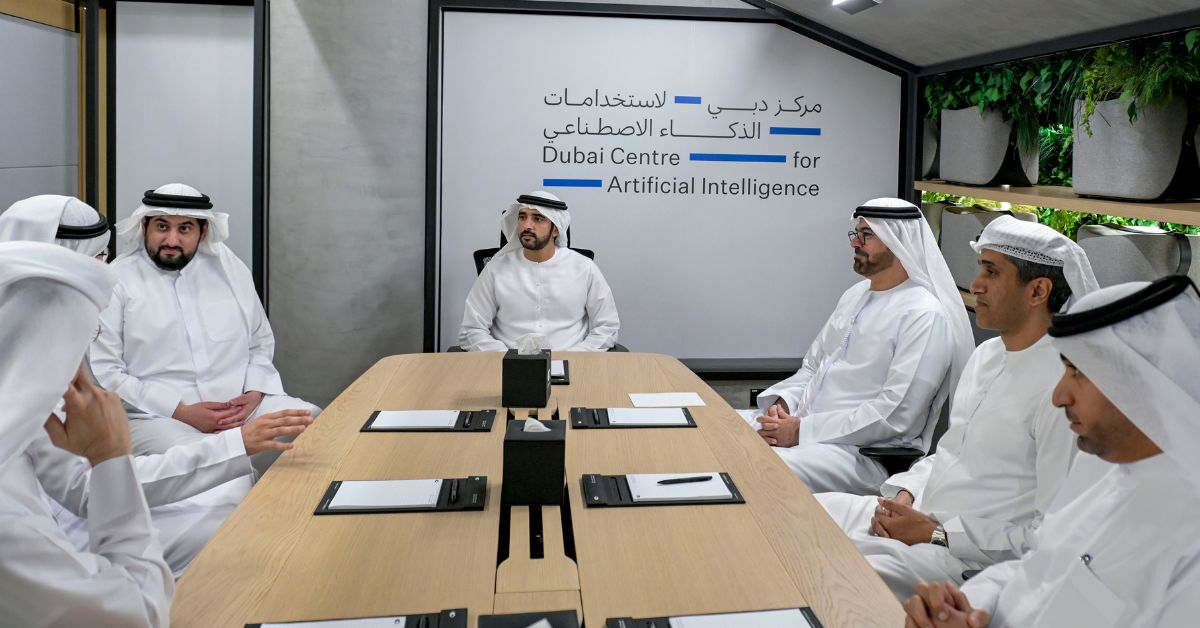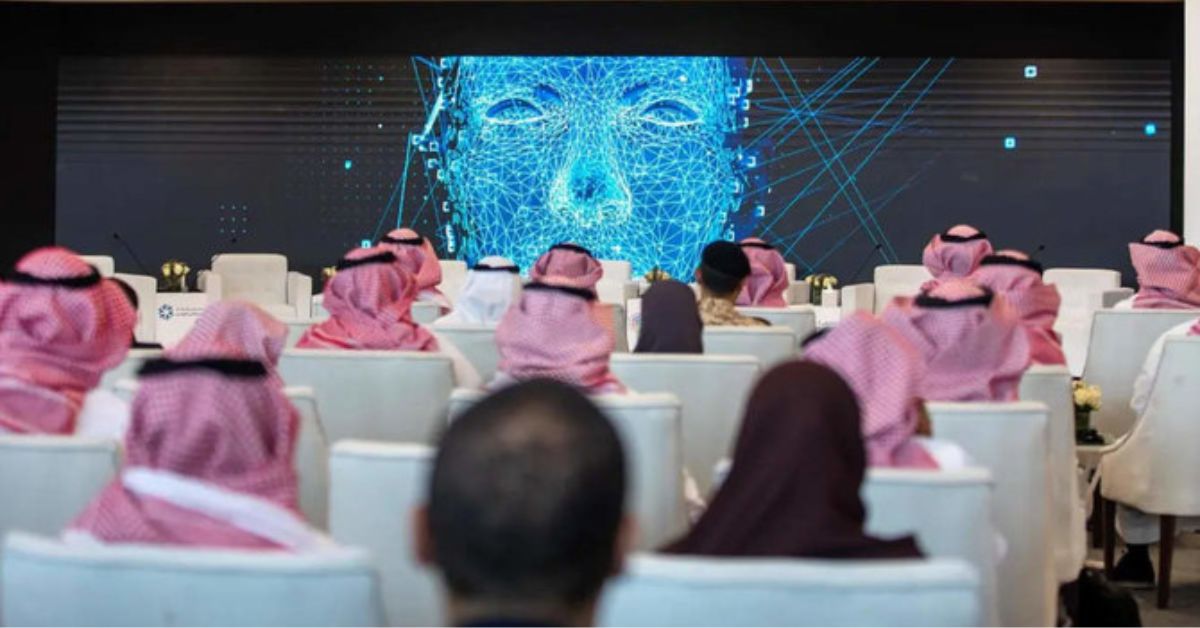DUBAI, UAE – As the world shifts toward cutting-edge technologies such as artificial intelligence (AI), the Gulf Cooperation Council (GCC) countries in the Middle East are making significant strides in the field, adapting rapidly to the technological revolution. The potential economic impact is transformational; hence, falling behind is not an option.
AI is substantially overhauling businesses, necessitating the embrace of advanced models that optimize workflows and enrich customer experiences. The strategic importance of AI has been echoed by corporate strategists. According to a comprehensive survey conducted by Gartner, Inc, 79 percent of corporate strategists regard AI, analytics, and automation as instrumental to their success in the coming years.
The survey, conducted from October 2022 to April 2023, collated views from 200 corporate strategy leaders across the globe. It found that while a majority use basic analytic tools, advanced technologies like machine learning and natural language processing are used by only 20 percent, despite their potential to partially or entirely automate almost half of strategic planning and execution activities.
News In Numbers * AI could potentially deliver up to $150 billion in value for the GCC nations, says a McKinsey research. * AI could contribute more than 9% to the collective GDP of the GCC countries. * A comprehensive survey conducted by Gartner, Inc, found that 79% of corporate strategists view AI and related technologies as instrumental to their future success. * The same survey found that advanced technologies like machine learning and natural language processing are only utilized by 20% of companies. * PwC estimates that the Middle East will accumulate 2% of the total global AI benefits by 2030, equivalent to US$ 320 billion. * The International Data Corporation (IDC) projects the region's AI expenditure to reach US$ 3 billion in 2023, and to increase at a CAGR of 29.7%, reaching US$ 6.4 billion by 2026. * Banking, retail, and government sectors are expected to account for nearly 44% of the region's overall AI spending in 2023. * Dubai-based company Careem blocked 35,000 fraudulent users on its platform using AI. * Dubai Electricity and Water Authority’s AI-powered virtual assistant handled over 6.8 million queries since its launch in 2017. * Advanced AI applications in the retail sector could contribute up to 2.6% to global industry sales, and 1.8% in the manufacturing sector.
According to a latest research McKinsey, AI holds immense promise for the Middle East’s Gulf Cooperation Council (GCC) nations, with the potential to yield up to $150 billion in value. This value represents over 9 percent of the collective GDP of the GCC countries. However, given the rapid advancements in AI technologies such as generative AI, this projection might soon be outpaced.
The Middle East, often seen as a land rich in history, culture, and natural resources, is poised to leverage the power of AI in the coming years. PWC estimates that the region will accumulate 2 percent of the total global AI benefits by 2030, equivalent to a staggering US$ 320 billion. The benefits will significantly bolster the GDPs of GCC countries, with Saudi Arabia and the UAE expected to see the most considerable impact.

Concurrently, the International Data Corporation (IDC) anticipates the region’s AI expenditure to reach US$ 3 billion in 2023, making up nearly 2 percent of global AI spending. The IDC also projects the region will have the highest growth rate globally, with AI spending estimated to increase at a CAGR of 29.7 percent, reaching US$ 6.4 billion by 2026.
This increase in AI expenditure is driven largely by the rapid …
From history-rich landscapes to cutting-edge technology hubs, find out how the GCC countries are embracing AI to fuel economic growth. Click here








